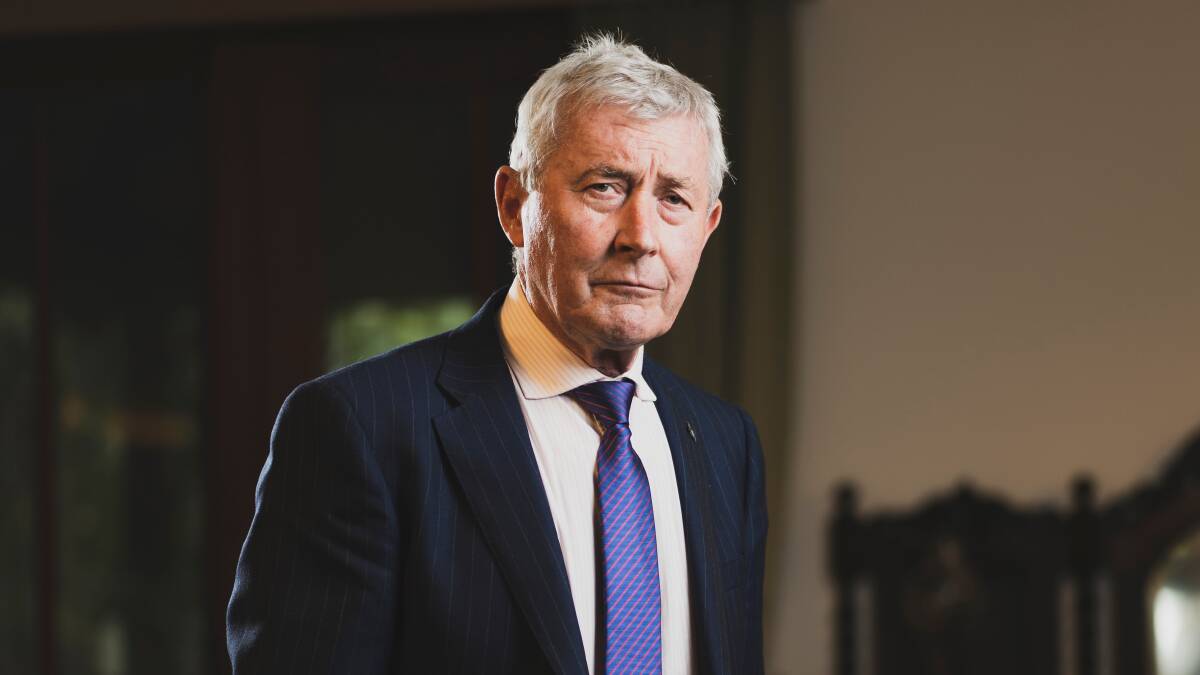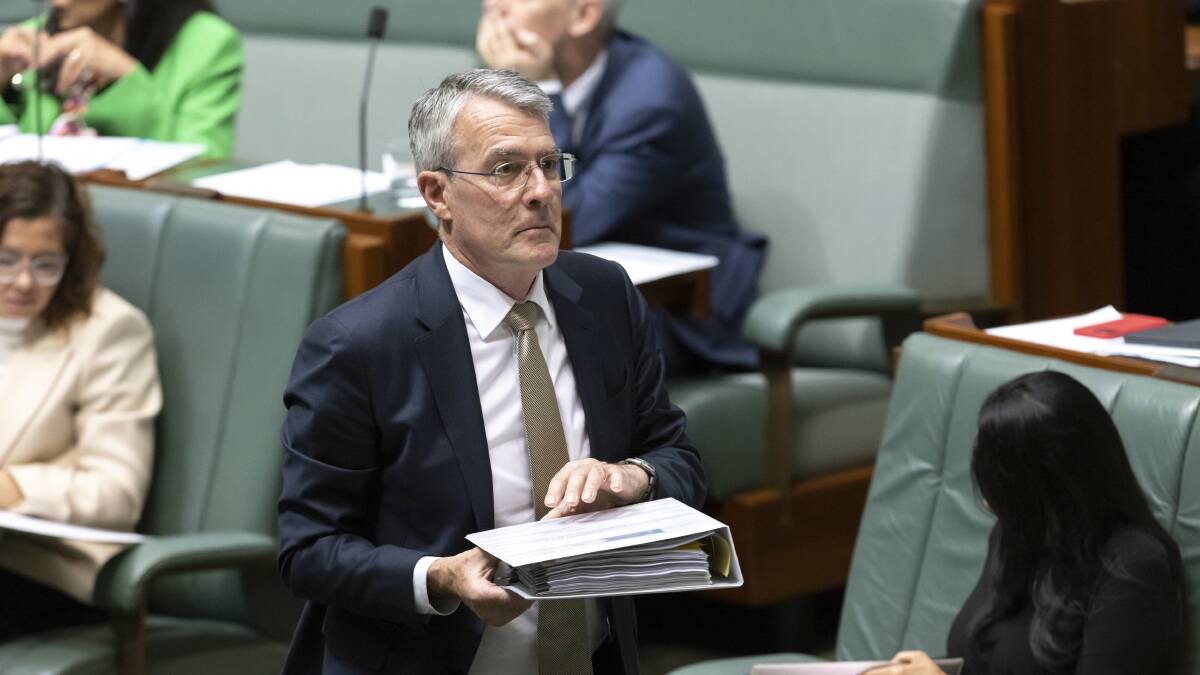
Further details relating to the Australian government's involvement in a Timor-Leste bugging scandal will be put before the upcoming national anti-corruption watchdog once it's established.
Subscribe now for unlimited access.
or signup to continue reading
Celebrated lawyer Bernard Collaery said he would take his claims of wrongdoing to the integrity body in an effort to resolve Australia's reputation in the region, adding there are "a lot more" details yet to surface about the diplomatic saga.
Details of the federal government's proposed anti-corruption commission will be revealed on Wednesday after it's introduced to the lower house by Attorney-General Mark Dreyfus.
It is expected the government's model will have broad investigative powers with the ability to look into serious and systemic corruption retrospectively.
Mr Dreyfus confirmed on Tuesday there would be no time limits for historic matters, allowing the controversial espionage operation to fall under its purview.
The incident, and how others within government and the bureaucracy handled it, deserved to be put under the watchdog's microscope, Mr Collaery said.
"The disgraceful conduct of the Coalition relating to Timor-Leste requires a lot more examination," he told The Canberra Times.
"It is obviously material that should go before the integrity body as soon as it's established."
READ MORE:
While charges against him over his involvement in revealing the bugging have since been dropped, the eminent lawyer's push for accountability wasn't yet over.
Mr Collaery said it was critical Australia publicly resolve the Timor-Leste affair amid growing tensions and mistrust in the region.

It follows a visit by Timor-Leste President Jose Ramos-Horta earlier this month for talks after concerns were raised about Chinese investment in its critical Greater Sunrise gas project, north-west of Darwin.
"There's no public interest in restricting retrospective purview if we're ever to develop an effective relationship in our region now," Mr Collaery said.
"It's a matter of inculcating trust in our country and our regional neighbours are hardly going to be trusting in us if we close the book on the Timor-Leste affair with ambiguity.
"Refusing to admit to oppressive and wrongful conduct brings us into compact with China's system and further away from establishing, in the New Zealand manner, a values-based place in our region."
The 2004 bugging of a Timor-Leste government building was publicly revealed in 2013 after Timor-Leste took its claims to the Permanent Court of Arbitration in The Hague where a former Australian intelligence officer, known as Witness K, was invited to give evidence.
The operation had given the Howard government a commercial advantage during its 2004 negotiations with the impoverished neighbour over lucrative oil and gas resources.
Mr Collaery, who represented Witness K, was charged in 2018 with sharing protected information in breach of the Intelligence Services Act, years after his office and home were first raided.
His four-year fight against the government ended in July this year when Mr Dreyfus ordered Commonwealth prosecutors to discontinue the case.


